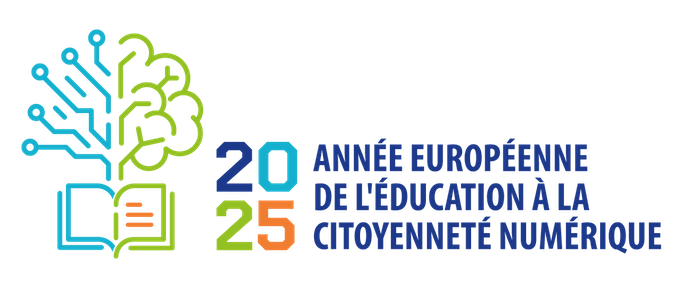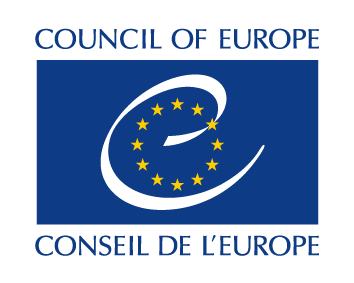- The Digital Education Strategy 2024 – 2030 by the Ministry for Education, Youth, Sport, Research and Innovation outlines a comprehensive plan to integrate digital literacy and education across the national educational system. It is built on four pillars: Nurturing Digital Global Citizens, Empowering Educators for the 21st Century, Community Engagement and Collaboration, and Enriching Digital Resources. Under pillar 1, there are plans to introduce digital literacy classes in primary and secondary schools, promoting digital citizenship empowerment and online safety. Additionally, there are plans to equip teachers with digital literacy skills. The strategy does not reference the recommendation explicitly, but in its vision is stated that the objectives of the strategy are in line with the Digital Education Action Plan (2020) by the European Commission. It also states to be aligned with DigiComp 2.2 (the Digital Competence Framework for Citizens). Measure 1.4 under Pillar 1 of the strategy focuses on digital citizenship empowerment and eSafety awareness. The Strategy document mentions the Council of Europe’s Digital Citizenship Working Group and links to its resources for parents.
- The Strategy and Vision for Artificial Intelligence in Malta 2030 launched in 2019. Under this strategy Malta aims to become the « Ultimate AI Launchpad » where local and foreign companies can develop, prototype, test, and scale AI technologies. The document sets short-term goals (2019-2022) and a long-term vision for 2030. There are plans to create AI awareness among students, teachers, and parents. Additionally, the government intends to fund teachers’ professional development, specifically focusing on AI certification.
- The 2021-30 National Literacy Strategy for All for Malta and Gozo emphasizes a comprehensive approach to literacy that involves early development, social responsibility, and strategic planning to create an inclusive, literate society. One of the 8 goals of this strategy is to promote digital literacy for all.
- 2022. eSkills Malta Foundation launched the Maltese National eSkills Strategy 2022-2025. It focuses on developing digital skills for the present and future, considering national and sector-specific strategies while aligning with the EU’s « Path to the Digital Decade » goals for 2030. Building on the previous strategy, it promotes an inclusive approach across society and the economy through education, awareness, and collaboration with stakeholders. The strategy’s four pillars—Education, Society, Workforce, and ICT Professionals—remain consistent with the European Coalition for Digital Skills and Jobs. Key objectives include enhancing digital skills, promoting ethical use of technology, encouraging digital careers, and supporting the digital economy by ensuring the availability of necessary skills.
- 2022. the Ministry of Economy, European Funds, and Lands launched the Malta Digital Strategy 2023-27.
Sources
- https://cdn-others.timesofmalta.com/86cea556e6dc63fc062d952224372477339de701.pdf
- https://digitalliteracy.skola.edu.mt/wp-content/uploads/2024/04/English-Book-FOR-WEB.pdf
- https://malta.ai/wp-content/uploads/2019/11/Malta_The_Ultimate_AI_Launchpad_vFinal.pdf
- https://nla.gov.mt/wp-content/uploads/2023/12/National-Literacy-Strategy-2021-2030-Consultation-Document.pdf
- https://education-profiles.org/europe-and-northern-america/malta/~technology https://digital-skills-jobs.europa.eu/en/actions/national-initiatives/national-strategies/malta-national-eskills-strategy-2022-2025



